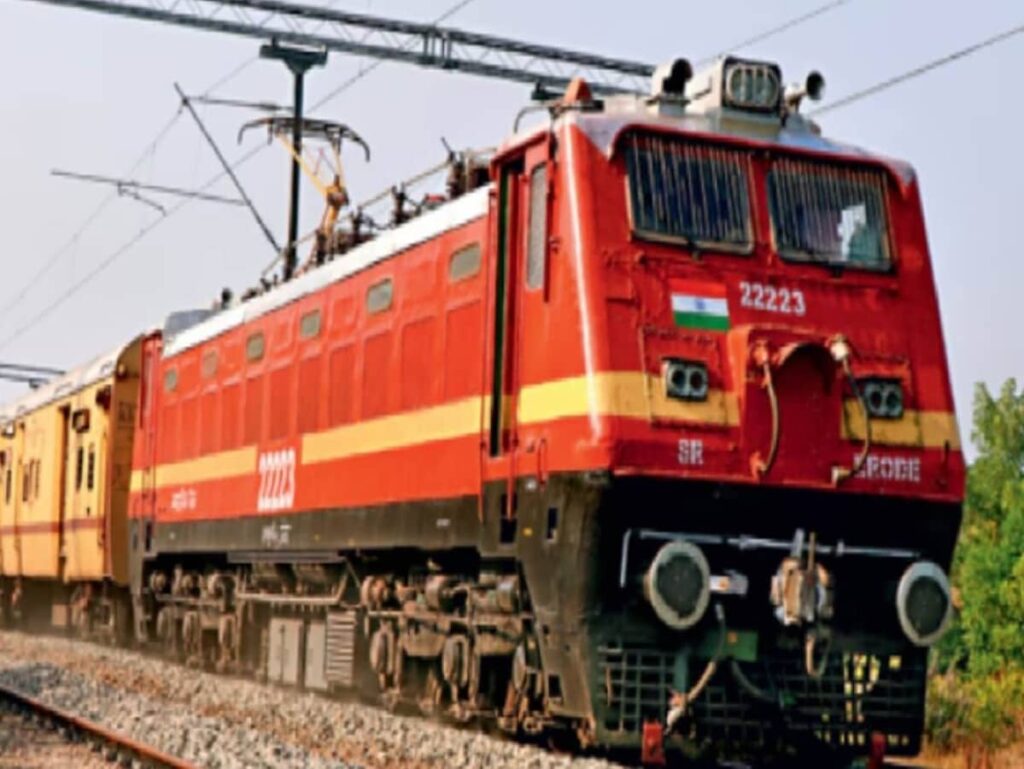The Indian government has recently approved a significant decision regarding the recruitment of officers in the railway sector. On October 5, it was announced that the selection of officers will now be conducted through the Civil Services Examination (CSE) and the Engineering Services Examination (ESE). The Union Public Service Commission (UPSC) will hold the responsibility of conducting these recruitments for Group A officers in the railways, marking a fundamental shift in the recruitment process.
Overview of the Recruitment Process
The new recruitment procedure aims to streamline the process and enhance the efficiency of officer appointments in the Indian Railways. This decision is expected to attract candidates with a robust academic background in civil services and engineering, thereby ensuring that only the most qualified individuals are selected for these vital positions.
Significance of CSE and ESE for Railway Recruitment
- Civil Services Examination (CSE): Conducted annually by UPSC, CSE is one of the most prestigious examinations in India. It allows entry into various civil services including the Indian Administrative Service (IAS), Indian Police Service (IPS), and other Allied Services.
- Engineering Services Examination (ESE): This examination is specifically tailored for engineering graduates and assesses their technical and managerial abilities. Candidates who qualify can serve as engineers in various government departments, including railways.
Benefits of the New Recruitment Framework
| Benefits | Description |
|---|---|
| Increased Transparency | The new system ensures a more transparent selection process, reducing the potential for corruption and favoritism. |
| Enhanced Quality of Candidates | By selecting candidates through established examinations like CSE and ESE, the quality and competence of officers are expected to improve significantly. |
| Encouragement of Diversity | This recruitment framework allows for a broader pool of applicants, encouraging diversity in the workforce. |
Future of Railway Recruitment
As Indian Railways embarks on this new journey, it is crucial to monitor the outcomes of this recruitment strategy. The integration of CSE and ESE is anticipated to yield not only a more efficient recruitment process but also a cadre of officers who are well-equipped to handle the challenges of modern railways.
Potential Challenges
- Adaptation to New Processes: Organizations within the railways may take time to adapt to this new recruitment framework.
- Need for Increased Training: Newly recruited officials may require extensive training to be effectively integrated into the existing systems.
In conclusion, the recent government decision to recruit officers for the railway sector through the Civil Services Examination and Engineering Services Examination represents a transformative step towards enhancing the quality and efficiency of railway operations in India. Through this strategic initiative, the Indian Railways is set to cultivate a more competent workforce, ultimately resulting in better services and infrastructure for passengers.
